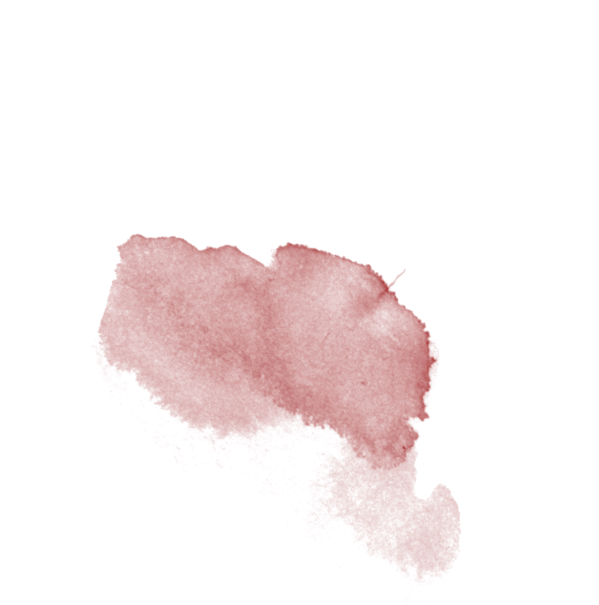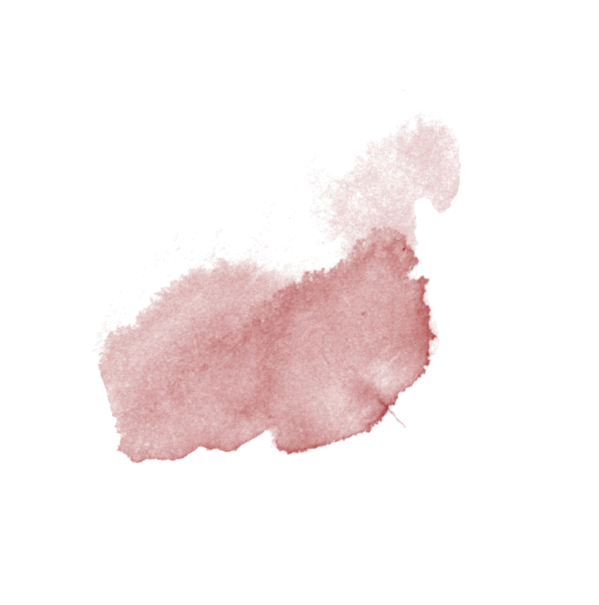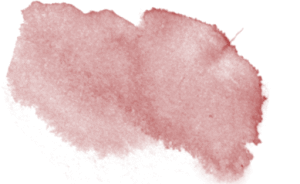Weingut Später-Veit
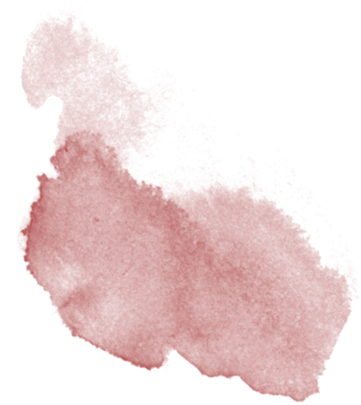
Weingut Später-Veit
When talking about a vineyard site that has been as thoroughly celebrated as the Piesporter Goldtröpfchen, it can be easy to glaze over from the typical talk of steep slopes, slate, and exposure to sunlight. You’ve heard it all before. But even the most jaded wine taster snaps to attention when told that what’s in their glass came from a plot that’s on a 100% gradient. That’s less a steep vineyard and more the face of a cliff! The mind boggles at the kind of hard work and single minded dedication it takes to work the vines in that terroir
This is the exact passion that motivates Heinz Welter of Weingut Später-Veit who, along with his wife Silvia and their sons Niklas and Eric, works nine hectares of some of the finest plots in the vineyard of “Golden Droplets.” In 1988 Heinz took over the estate, which has a history going back to 1648, from Silvia’s father Theo Später. The estate takes its name from Silvia’s maiden name and that of her mother (Veit), and the Welters continue to work the vineyards in an old-school fashion. All work is done manually (there’s no way you could use machines on these slopes even if you wanted to), and no chemicals are used to treat the vines. Most notably, the fermentation is carried out with only the natural yeasts from the vineyard, which give the wine that classic “sponti” nose so prized by today’s riesling-philes.
But all that yeast stuff aside these wines are intense and amazing, showcasing the underlying mineral strata of each site. The wines from Falkenberg’s blue slate are elegantly weighted and perfect for Kabinett. The red slate rich Grafenberg creates classic, smoky aromatics. And of course the Golden Droplets from Goldtröpfchen are the richest expression of riesling from the estate. It’s here that we find the plot the Welters call ‘Armes,’ where the incline pitches from 95-100% at its highest point. Craning ones neck to view this amazing plot, you are reminded that even the most famous vineyards would be nothing without the amazing people that work them.
The Wines
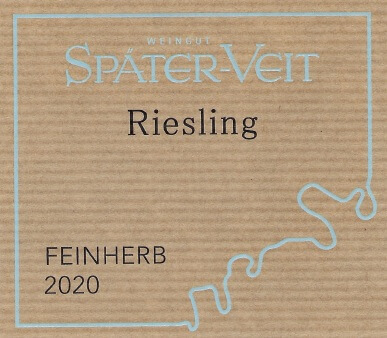
Riesling Feinherb liter
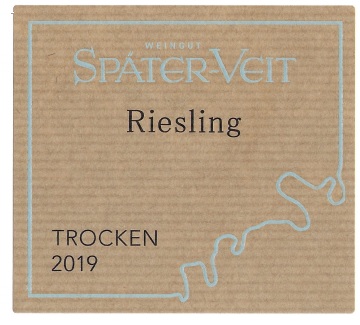
Riesling Trocken
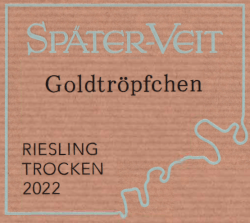
Riesling Piesporter Goldtröpfchen Trocken
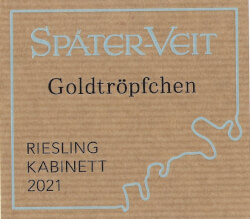
Riesling Goldtröpfchen Kabinett
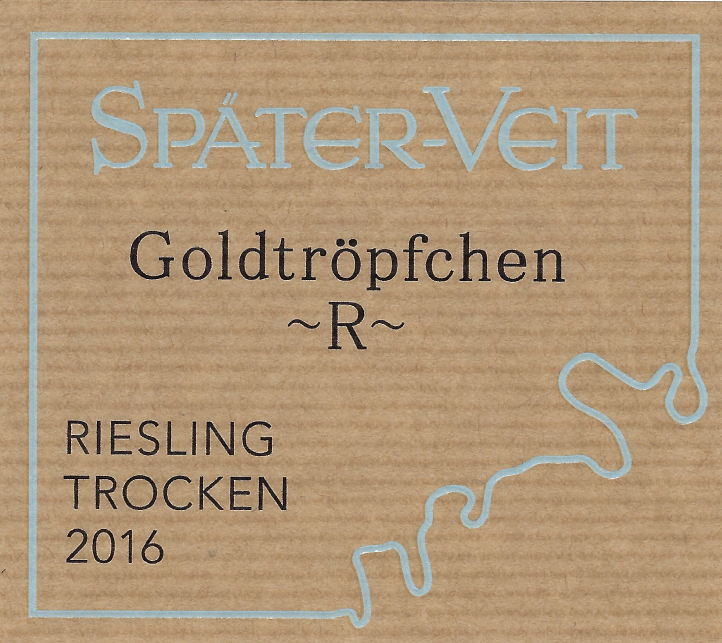
Riesling Piesporter Goldtröpfchen Grand Reserve Kabinett trocken
